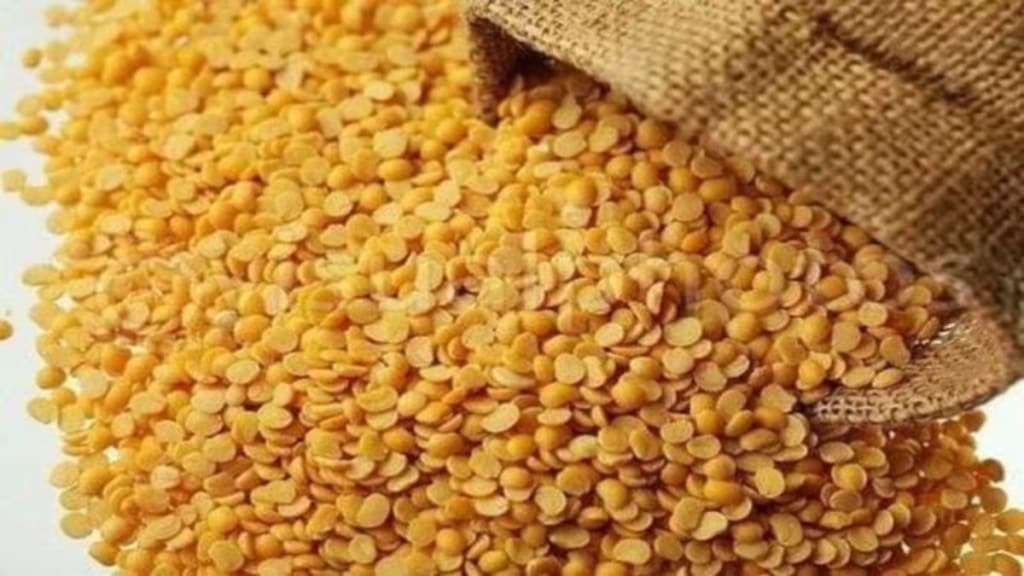The government on Tuesday extended the duty-free import policy for tur or pigeon peas by a year, until March 31, 2026, according to a notification by the directorate general of foreign trade (DGFT).
The government had allowed duty-free import of tur since May 2021 with the aim of meeting the shortfall in domestic production against the demand. Subsequently, the free import regime has been extended from time to time.
Trade sources told FE that mandi prices of tur are currently ruling around the minimum support price (MSP) of Rs 7,550/quintal. The prices are likely to come down on the back of bumper harvest prospects and adequate imports last year.
Sources said that imports of tur rose by 42% to 1.14 million tonne (MT) during January-November 2023 from 8.05 MT in the same period of the previous year. A chunk of the imports were from Myanmar, Mozambique, Tanzania and Sudan.
Retail tur prices are currently ruling around Rs 160/kg and are likely to fall in the coming weeks as a bumper harvest of around 4 MT is expected in the 2024-25 crop year (July-June). The agriculture ministry, in its first advance estimate, has estimated an output of 3.5 MT, marginally higher than 3.41 MT in the 2022-23 crop year.
In the past two years, tur prices were ruling significantly above the MSP, leading to a surge in imports. Government agencies Nafed and NCCF would be commencing the procurement of tur soon.
“Overall crop prospects for tur look robust and prices may fall below MSP when arrivals peak by the end of this month,” Nitin Kalantri, managing director, Kalantry Food Products, a pulses processor based in Latur in Maharashtra, said.
India had signed an MoU with Mozambique for imports of 0.2 MT of tur annually for five years when the retail prices of tur skyrocketed to Rs 200 a kg in 2016. This MoU was extended for another five years in September 2021.
In 2021, India entered into an MoU with Malawi for imports of 50,000 tonne tur per annum for the next five years.

